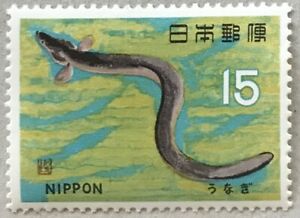In May of 1993, rice farmers living near Lake Shinji, in southwestern Japan, began widely using an insecticide called imidacloprid. Within the same year, populations of arthropods that form the base of the food web, such as crustaceans and zooplankton, began to plummet. By the end of 1994, two commercially important fish that depend on these creatures for food, eel and smelt, crashed as well. And as the use of imidacloprid and other neonicotinoids has grown over the years, the fish have never recovered.
These findings, from a paper published in Science in early November, are the first to show that neonicotinoids, a class of toxic insecticides that are the world’s most widely used, can seep into aquatic ecosystems and significantly disrupt fisheries, dramatically reducing their yields. What’s more, scientists think that Japan is not an isolated example, but rather a dramatic illustration of neonicotinoids’ potential to seriously harm aquatic ecosystems worldwide.
Source: National Geographic, November 2019
https://www.nationalgeographic.com/animals/2019/11/neonicotinoid-insect…

- Login om te reageren
